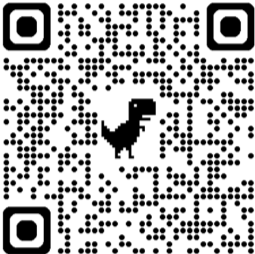All about language
Match the description to the correct words
Create multiple-choice games on Wisc-Online and play them on our Chakalaka mobile app!
But that's not all! Explore educational games created by others. Simply search by category or enter agame code number and dive into a world of learning and fun.
Download the Chakalaka mobile app here:

Topics of this game:
- Informal, conversational language. Colloquialisms are phrases or saying that are indicative of a specific region.
- Deliberate use of language by a writer to install a feeling or visual
- The continuation of reading one line of poem to the text next with no pause, a run-on line.
- In poetry is an intentional digression from ordinary word order which is used to maintain regular meters. For example, rather than saying "the rain came" a poem may say " came the rain". Meters can be formed by the insertion or absence of a pause.
- Statement which seems self-contradictory, yet true. for example, His old face was youthful when he heard the news. It is in giving that we receive.
- literary work in which special intensity is given to the expression of feelings and ideas by the use of distinctive style and rhythm; poems collectively or as a genre of literature.
- Ordinary speech or writing without metrical structure, written in paragraph form. Novels and short stories are often called
- The act of substituting a harsh, blunt, or offensive comment for a more politically accepted or positive one
- When one thing should occur, is apparent, or in logical sequence but the opposite actually occurs. Example: A man in the ocean might say, " water, water everywhere and not a drop to drink"
- the literal or primary meaning of a word, in contrast to the feelings or ideas that the word suggests.
- A kind of language occurring chiefly in casual and playful speech, made up typically of short-lived coinages and figures of speech that are deliberately used in place of standard terms for added raciness, humor, irreverence, or other effect.
- Reflects how the author feels about the subject matter or the feeling the author wants to instill in the reader
- Speech or writing that departs from literal meaning in order to achieve a special effect or meaning: Speech or writing employing figures of speech
- Word choice or the use of words in speech or writing
User comments are currently unavailable. We apologize for the inconvenience and are working to restore this feature as soon as possible.

